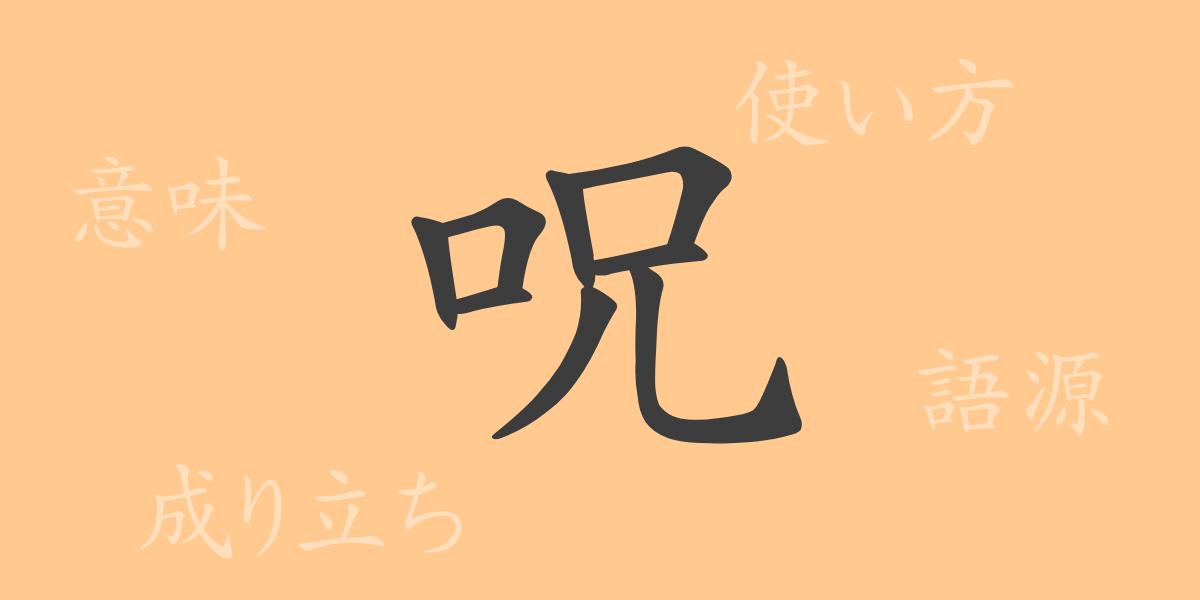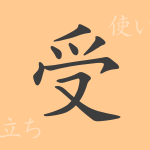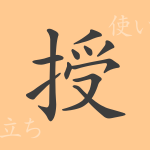The kanji “呪(のろう)”, deeply intertwined with human life since ancient times, holds within it mysterious powers and profound cultural significance. This article delves into the hidden history, meaning, and usage of the common kanji “呪(のろう)”. Let’s explore the world of “呪(のろう)”, which reveals the depth of the Japanese language.
Origin of 呪(のろう) (Etymology)
The kanji “呪(のろう)” originates from ancient China. Its prototype can be seen in oracle bone script, depicting a “mouth” from which an “arrow” is shot, symbolizing the act of invoking blessings or curses through words. Over time, the shape and meaning evolved into the current “呪(のろう)”, but its essential power has been passed down unchanged since ancient times.
Meanings and Usage of 呪(のろう)
“呪(のろう)” primarily has two meanings. One is to pray to deities or Buddha, or the words of such prayers themselves. The other meaning refers to magical words or actions intended to harm people or objects. It is used in forms such as “呪う(のろう)”, “呪詛(じゅそ)”, and “呪術(じゅじゅつ)”, and can appear in everyday contexts.
Readings, Stroke Count, and Radical of 呪(のろう)
By examining the readings and components of the kanji “呪(のろう)”, we can gain a deeper understanding.
- Readings: The on’yomi (音読み) are “ジュ” and “シュ”, and the kun’yomi (訓読み) is “のろ.う”
- Stroke count: “呪(のろう)” consists of 8 strokes.
- Radical: The radical is 口部(こうぶ), indicating a connection to the mouth.
Idioms, Phrases, and Proverbs Using 呪(のろう)
Idioms, phrases, and proverbs containing “呪(のろう)” reflect the rich spiritual culture of the Japanese people. For example, “呪縛(じゅばく)” means spiritual bondage or constraint, “呪術(じゅじゅつ)” refers to the art of manipulating supernatural powers, and “呪詛(じゅそ)” means words wishing misfortune or disaster upon others. These expressions play significant roles in both literature and everyday conversation.
Conclusion on 呪(のろう)
The kanji “呪(のろう)”, through its history, meaning, and usage, is deeply connected to people’s lives, culture, and beliefs. Symbolizing the power of words, “呪(のろう)” holds a special place in the Japanese language, and its use should be handled with care. Through this exploration, we hope you have grasped the multifaceted charm of “呪(のろう)”.

























